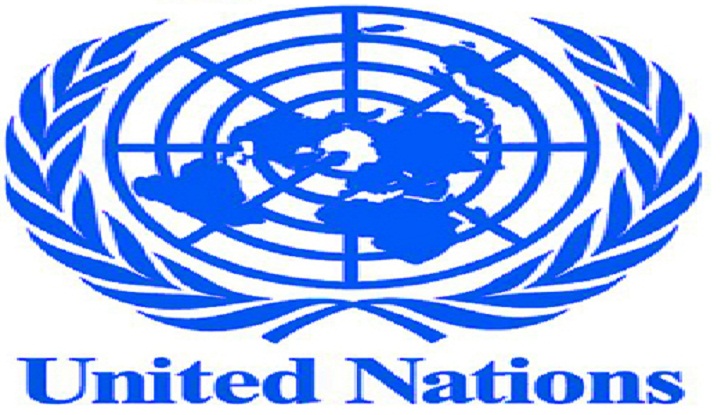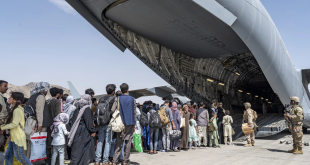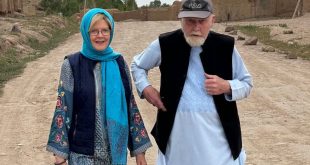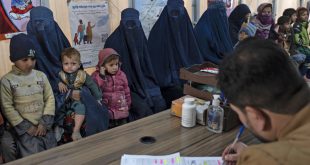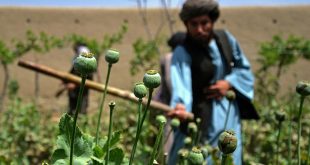AT Monitoring Desk-KABUL: The United Nations General Assembly Security Council has evaluated security situation in Afghanistan and discussed the importance and need for Loya Jirga in Afghanistan in the face of the ongoing national controversies.
General Assembly in its seventy-second session; agenda item 39; the situation in Afghanistan, has provided report, updating on the activities of the United Nations in Afghanistan, including political, humanitarian, development and human rights efforts, since the date of previous report, 15, September 2017. It also reported about Loya Jirga that gradually gained ground after reviewing current dims situation in Afghanistan.
‘Some opposition figures became increasingly vocal in their calls for a traditional Loya Jirga, a traditional form of national assembly largely constituted by elders, as a step towards the establishment of a new form of government. Those calls were led by the former President, Hamid Karzai, who on 12 October publicly called for a loya jirga to review security policy and the relationship of Afghanistan with the United States of America and possibly to select new leadership for the country,” the reported added.
‘Mr. Karzai’s calls initially gained little traction, with many politicians dismissing the idea. Nevertheless, the proposal appeared to be gaining broader acceptance as the lack of progress on elections became increasingly apparent.”
The report added, ‘the Palace issued a press statement on 15 November instructing government personnel to avoid participation in such processes. Subsequently, two senior government officials were dismissed after they voiced public support for a loya jirga.’
Opposition to the Government also manifested itself in tensions between the executive and legislative branches, as the Government and the parliament exchanged public allegations of corruption.
Moreover, the report discussed wide range of issues, including emphasis on anti-corruption measures and security sector reform, in the face of ongoing security and governance challenges. About security, it said that the security situation remained highly volatile, as the Taliban and Islamic State in Iraq and the Levant-Khorasan Province (ISIL-KP) showed continued capacity for inflicting mass casualties amid increased Afghan and international airstrikes.
Regarding peace talks it said that the Quadrilateral Coordination Group, comprising Afghanistan, China, Pakistan and the United States of America, reconvened for the first time in over a year, while Afghanistan continued to expand its multilateral engagement in the region through such forums as the Heart of Asia-Istanbul Process, the Shanghai Cooperation Organization and the Regional Economic Cooperation Conference on Afghanistan. There was no meaningful progress towards a peace settlement.
 Afghanistan Times
Afghanistan Times
